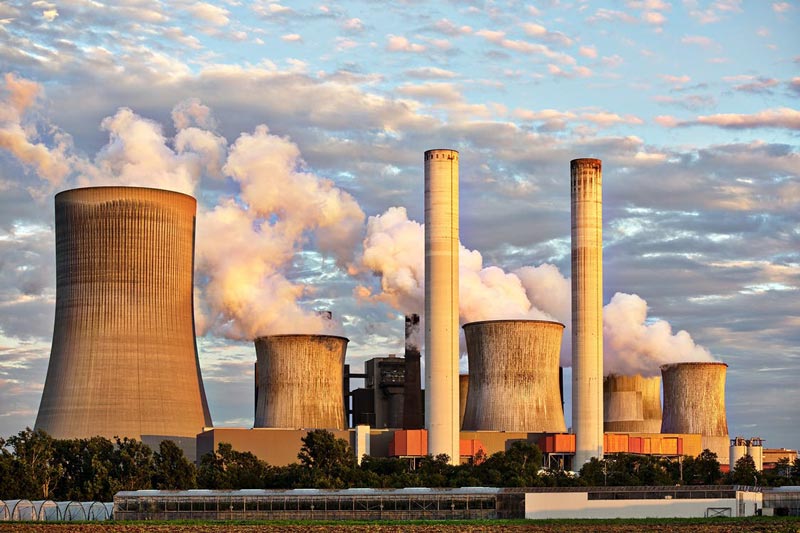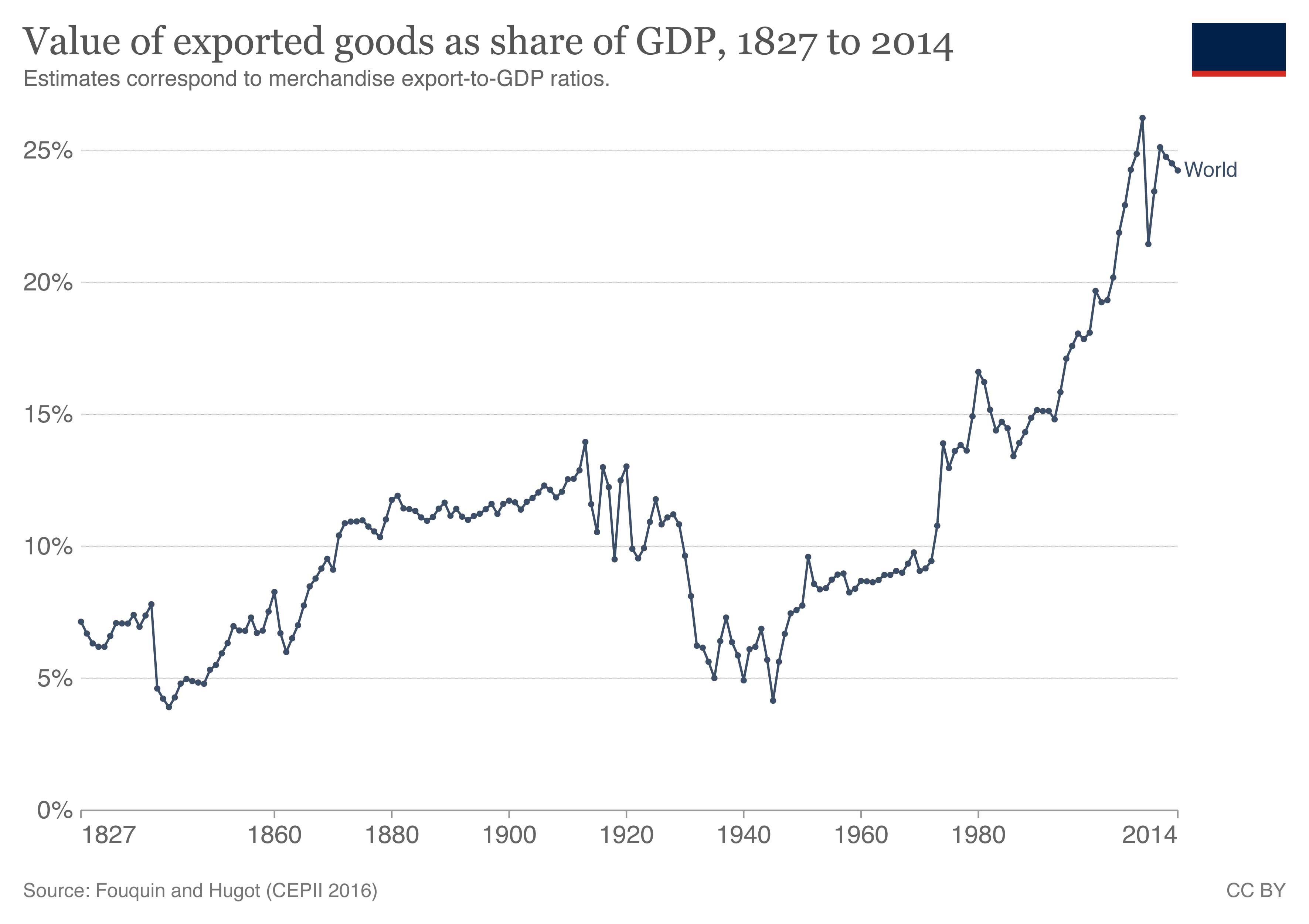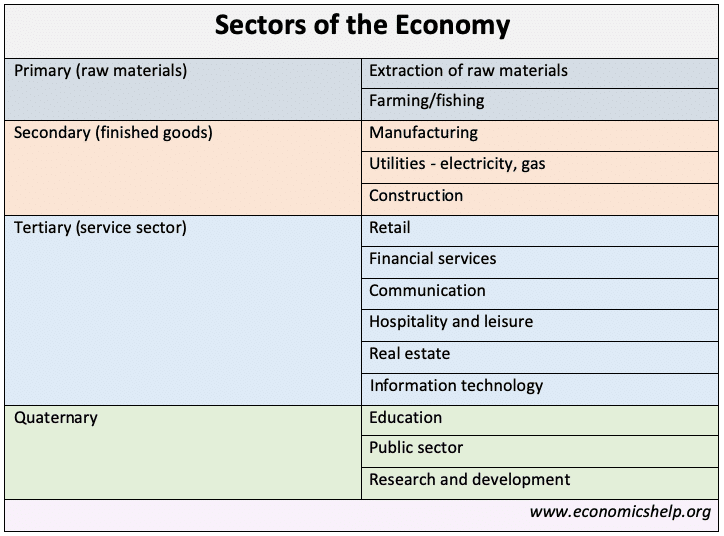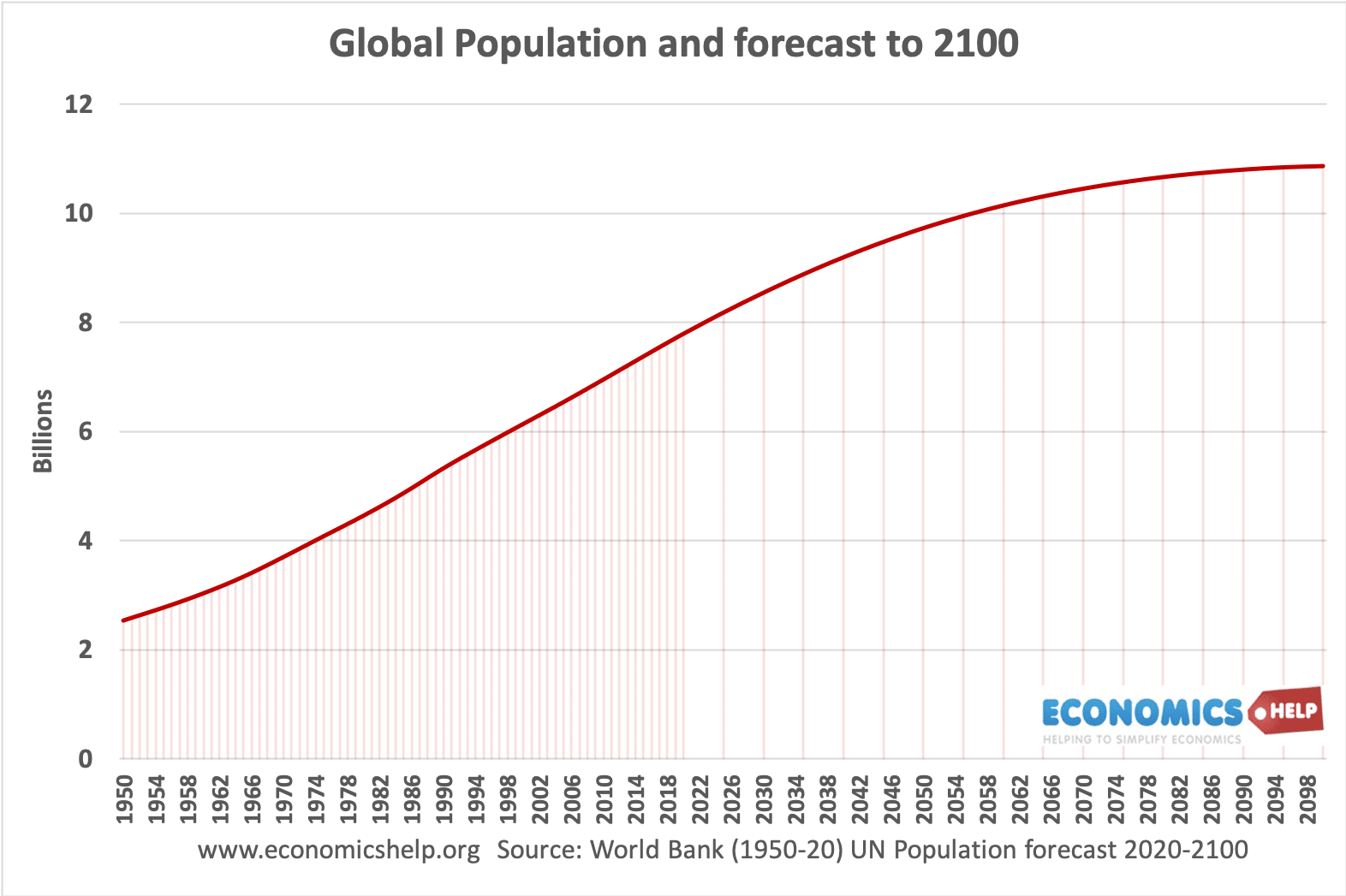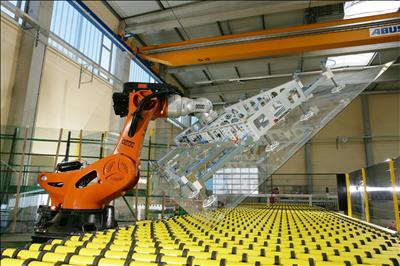How to reduce our dependence on fossil fuels
Despite the urgency of climate change and the rapid fall in the price of renewable energy sources, the world still relies on nearly 80% of its energy source from fossil fuels. Accelerating the shift away from fossil fuels will have large environmental and economic benefits, yet progress is much slower than we need. The problem …

